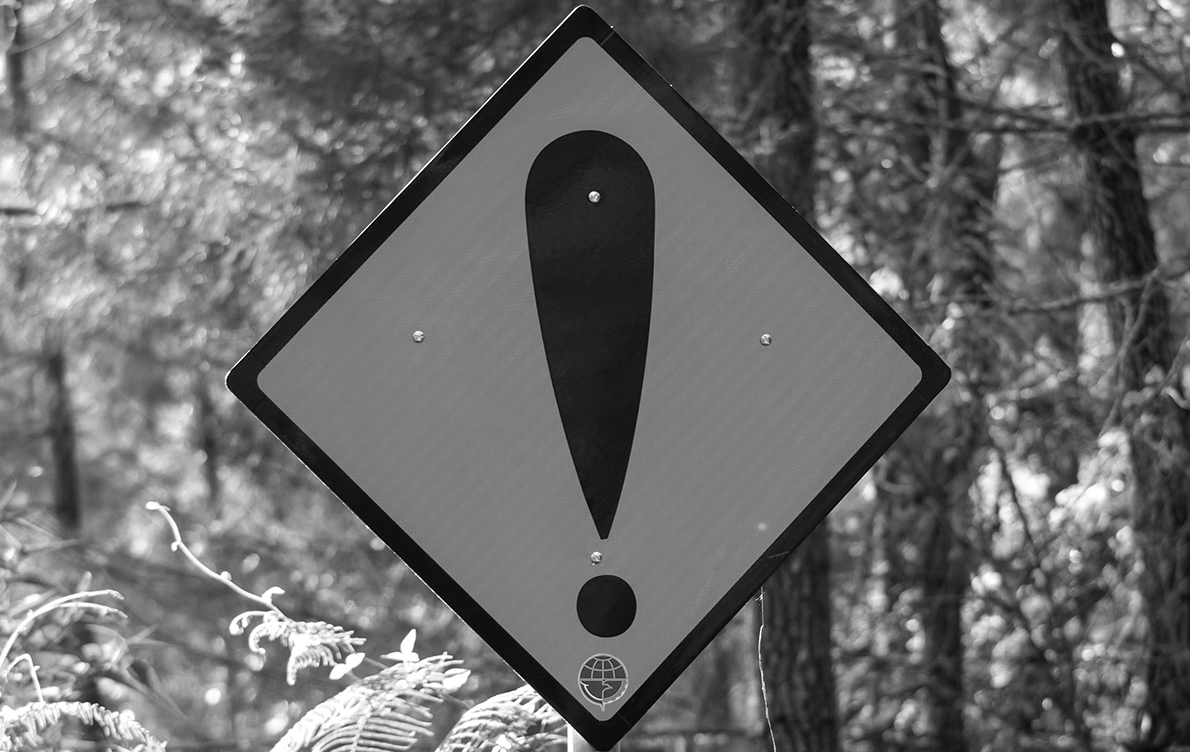Vaccine Mandate Puts Enforcement on NYC Employers

A universal vaccine mandate comes to New York employers courtesy of New York City’s Department of Health and Mental Hygiene.
Compliance in Your Office
Effective this week, in accordance with the Commissioner of the New York City Department of Health and Mental Hygiene’s December 13, 2021 Order, all private employers with employees or workplaces in New York City may not permit any employee to come to a worksite in NYC unless that employee shows proof of at least their first COVID-19 vaccination. Proof of second vaccination must be provided within 45 days – February 10, 2022.
The Order does permit limited exceptions for either a disability under the Americans with Disabilities Act or for a sincerely held religious belief, observance, or practice under Title VII of the Civil Rights Act. If an employer can provide a reasonable accommodation without incurring undue hardship, it must do so if an employee requests an exemption on either of these permitted bases. Regular testing is not an available alternative.
Per the Order, vaccination and accommodation status records must be kept in writing but confidential and separated from the employee’s personnel file.
Compliance with the Order will be crucial for all employers in the city, as each must display an Affidavit of Compliance effective immediately.
The City may impose fines of $1,000.00 and up for violations related to failure to display the Affidavit of Compliance or maintain adequate records. However, the City recognizes that compliance may not be possible immediately, and so has stated that it is willing to work with employers who are working in good faith to comply. Accordingly, fines in the near future are unlikely in such events.
Managing Project Sites
While this applies to all employers, it is particularly troublesome for the construction industry where any particular jobsite will have multiple companies together at the same time and place, each with little to no real oversight over the internal machinations and workings of the others on site. Certainly, one trade contractor’s failure to have sufficient labor forces on site due to this new and speedily imposed requirement can negatively impact the project schedule.
The confidentiality obligation presents a problem for prime contractors, who may have difficulty verifying that any particular tradesman on a jobsite is, in fact, vaccinated. Rather, they would be forced to rely on an Affidavit of Compliance from each trade. While the Order does not require that prime contractors ensure their trades are in compliance with the Order, the prime contract may take steps to ensure that all trades are fully compliant with all laws. Accordingly, project owners, prime contractors, and trade unions may wish to impose their own vaccination requirements and verification programs independent of the City’s Order.
Conclusion
First, all employers should have already taken prompt action to establish vaccination requirements and appropriate accommodations where permitted. Even if, as is possible, the incoming administration amends or rescinds the Order in the coming weeks, such programs will help to ensure compliance in the interim.
Further, in the construction industry in particular, where reasonable accommodations that do not pose a hardship to the employer are limited, following the city’s requirements here presents the safest path to maintaining workforce efficiency and overall compliance. That does not mean, however, that no other options are available, and all employers should consider how their home office and field personnel can be accommodated.
Finally, any employer whose operations may be affected by the Order should consider the cost and time impact to the progress on each of their projects. To the extent a change request or claim should be presented to an owner or superior contractor, it should be presented in a timely manner to preserve all available rights.
For additional information on the ongoing changes we are seeing with COVID-related workplace mandates, click here.
No aspect of this advertisement has been approved by the highest court in any state.
Results may vary depending on your particular facts and legal circumstances.
As the law continues to evolve on these matters, please note that this article is current as of date and time of publication and may not reflect subsequent developments. The content and interpretation of the issues addressed herein is subject to change. Cole Schotz P.C. disclaims any and all liability with respect to actions taken or not taken based on any or all of the contents of this publication to the fullest extent permitted by law. This is for general informational purposes and does not constitute legal advice or create an attorney-client relationship. Do not act or refrain from acting upon the information contained in this publication without obtaining legal, financial and tax advice. For further information, please do not hesitate to reach out to your firm contact or to any of the attorneys listed in this publication.
Join Our Mailing List
Stay up to date with the latest insights, events, and more







